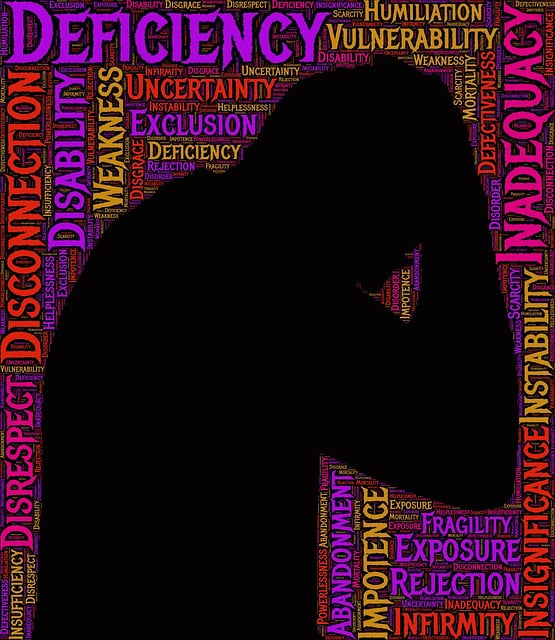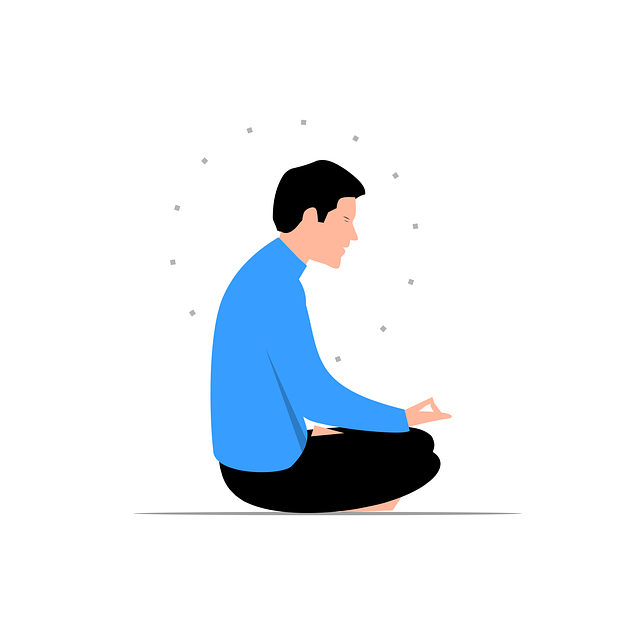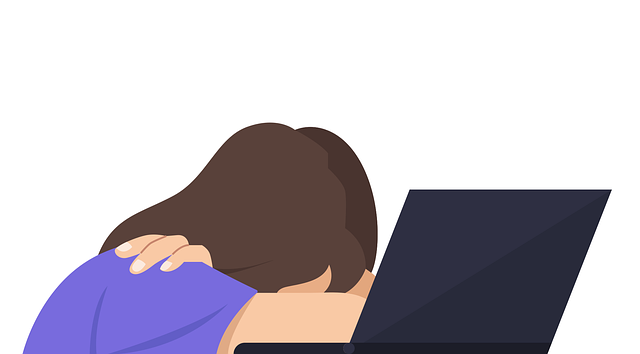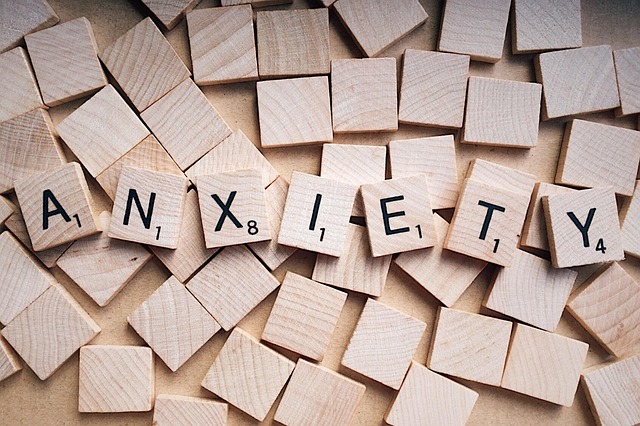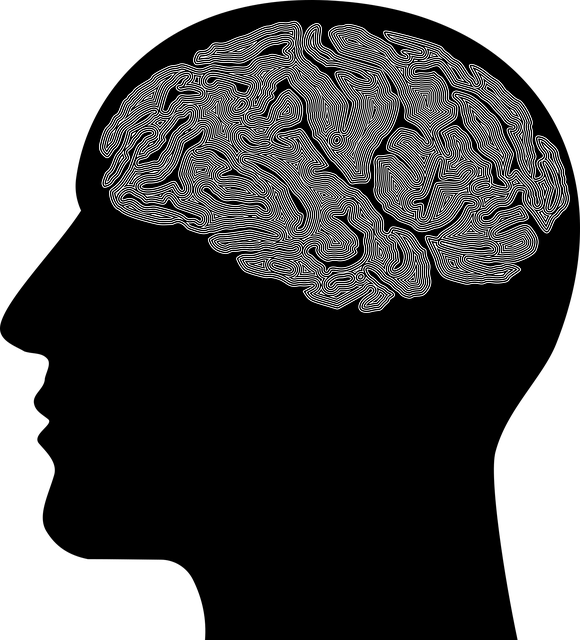Understanding and managing stress triggers is paramount for self-care. This involves identifying stressors like work overload or financial worries, and using tools like journaling and mindfulness practices to cope. Community programs offer support through workshops and groups, fostering emotional intelligence and connection. Prioritizing sleep and nurturing physical health are vital; proper nutrition, movement, and mindful activities reduce anxiety and improve mood. Building healthy boundaries, through communication skills and stress management workshops, protects personal well-being and promotes a balanced lifestyle. Superior Stress Management Therapy incorporates these practices to enhance resilience and mental health.
Looking to transform your self-care routine? This guide unveils a comprehensive approach to superior stress management therapy. From deciphering your stress triggers and patterns to incorporating mindfulness, prioritizing sleep, nurturing physical health, and setting personal limits – each section equips you with powerful strategies for holistic well-being. Take control of your mental resilience and embrace a balanced lifestyle that empowers and revitalizes you.
- Understanding Your Stress Triggers and Patterns
- Incorporating Mindfulness and Meditation Techniques
- Prioritizing Quality Sleep for Mental Resilience
- Nurturing Physical Health through Nutrition and Movement
- Building Healthy Boundaries and Setting Personal Limits
Understanding Your Stress Triggers and Patterns

Recognizing your stress triggers and understanding their patterns is a pivotal step in enhancing your self-care practices. This involves identifying situations or activities that consistently elevate your stress levels, such as work overload, financial worries, or interpersonal conflicts. By becoming aware of these triggers, you can proactively develop strategies to mitigate their impact. Keeping a journal to track your daily experiences and corresponding stress responses is an effective way to identify recurring themes and patterns.
This process allows for the implementation of superior stress management therapy tailored to your unique needs. Incorporating confidence-boosting activities and engaging in emotional intelligence practices can further enhance your resilience. For instance, community outreach program implementations, such as mindfulness workshops or support groups, offer a platform to connect with like-minded individuals, fostering a sense of belonging and empowering you to navigate stress triggers together.
Incorporating Mindfulness and Meditation Techniques

Incorporating mindfulness and meditation practices has emerged as a powerful tool for improving self-care routines and enhancing overall well-being. These techniques offer individuals a means to navigate life’s challenges with greater resilience and a calmer mindset. By dedicating just a few minutes each day to mindful breathing exercises or guided meditations, one can significantly reduce stress levels and improve emotional regulation.
Meditation acts as a superior Stress Management Therapy, allowing people to develop a deeper understanding of their thoughts and emotions. This self-awareness fosters better decision-making abilities and promotes healthy conflict resolution techniques within personal relationships. Moreover, community outreach program implementations that encourage group meditation sessions can enhance social connections and emotional intelligence, creating a supportive network for individuals seeking to improve their mental health journey.
Prioritizing Quality Sleep for Mental Resilience

Prioritizing quality sleep is a powerful tool for enhancing mental resilience and overall well-being. In today’s fast-paced world, many individuals struggle with inadequate rest, leading to increased stress levels and potential mental health concerns. Recognizing sleep as a fundamental pillar of mental health is the first step towards positive change. Aiming for 7-9 hours of uninterrupted slumber each night can significantly impact one’s ability to manage stress effectively. This simple yet profound practice empowers individuals to develop inner strength, fostering a sense of calm and clarity throughout the day.
Integrating consistent sleep routines into daily life promotes better mental resilience, enabling individuals to navigate challenges with enhanced coping mechanisms. By prioritizing rest, people can improve their ability to handle stressful situations, leading to more effective stress management therapy. Mental health awareness advocates for recognizing sleep as a crucial component of crisis intervention guidance, ensuring that individuals have the inner strength to overcome adversity and lead fulfilling lives.
Nurturing Physical Health through Nutrition and Movement

Nurturing Physical Health is a cornerstone of any robust self-care routine and is intricately linked to better mental health. Proper nutrition and regular movement are key components that can significantly impact overall well-being. Incorporating superior stress management techniques, such as mindful eating practices and engaging in physical activities like yoga or even simple walks, can help reduce anxiety and improve mood. These actions not only support the body but also foster a deeper connection between mind and body, aligning with the core principles of “mind over matter.”
Developing a balanced self-care routine that prioritizes physical health can lead to profound improvements in mental health conditions. This holistic approach acknowledges the interdependence of bodily and mental well-being, which is often overlooked but crucial for sustained recovery. Moreover, cultivating healthy habits can enhance one’s resilience, making it easier to navigate life’s challenges and promoting cultural competency among healthcare providers who recognize the significance of these practices in their patients’ journeys towards improved mental health.
Building Healthy Boundaries and Setting Personal Limits

Building healthy boundaries is a crucial aspect of self-care and superior stress management therapy. It involves recognizing and honoring your personal limits in relationships, work, and daily life. Setting clear boundaries allows individuals to protect their time, energy, and emotional well-being. One effective strategy is to communicate assertively, expressing your needs and saying ‘no’ without guilt when necessary. This practice empowers you to avoid people-pleasing behaviors and cultivates a sense of self-respect.
Furthermore, integrating social skills training and coping skills development through workshops or therapy sessions can enhance boundary setting. These programs teach individuals effective communication techniques, conflict resolution strategies, and emotional regulation methods. By participating in stress management workshops organized by reputable institutions, one can learn to manage stress levels, improve overall well-being, and set boundaries that foster a healthier work-life balance.
By implementing these self-care practices, you can significantly improve your overall well-being. Understanding your stress triggers, adopting mindfulness, prioritizing sleep, nurturing physical health, and setting healthy boundaries are all crucial elements of superior stress management therapy. These strategies empower you to take control of your mental resilience, fostering a healthier and more balanced lifestyle. Embrace these changes and watch as your life transforms into a symphony of improved self-care.
